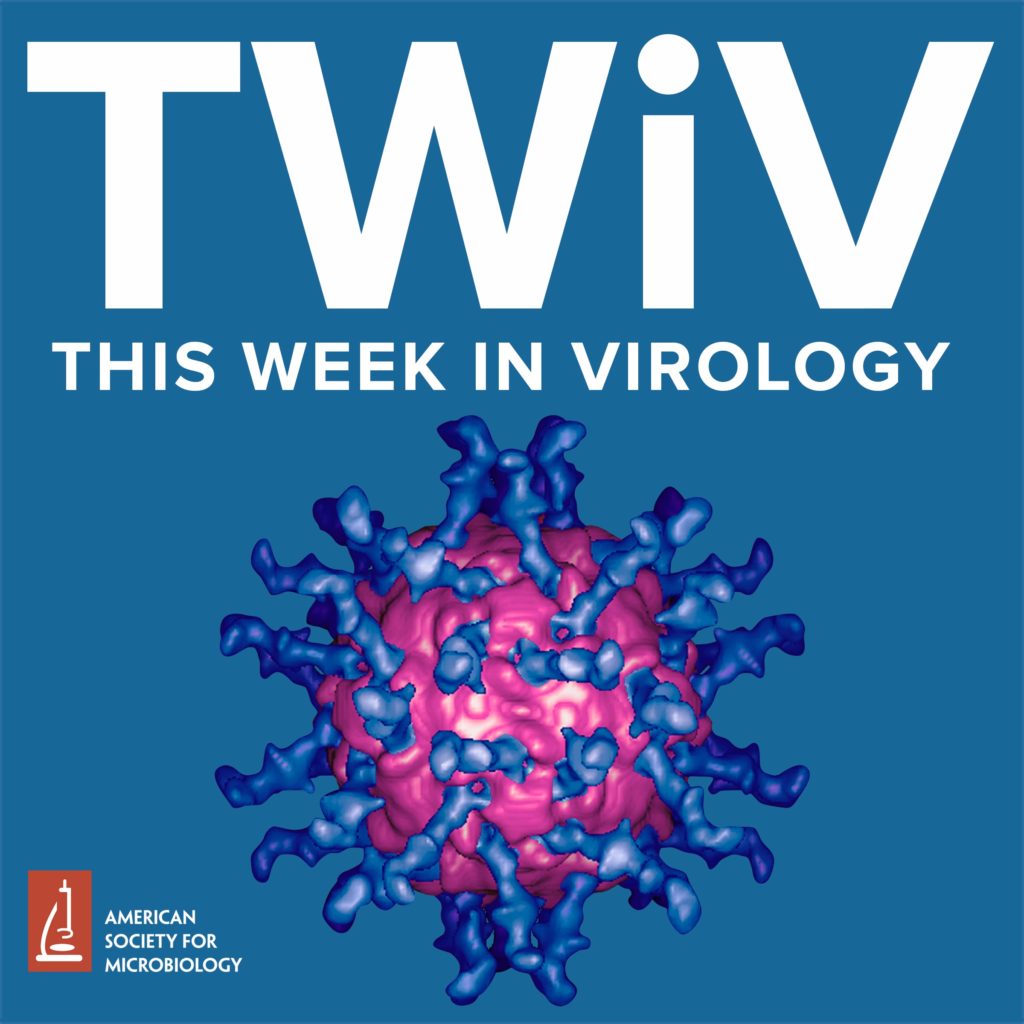“We do not know why children under 9 do not have issues with the virus. They have very high concentrations of the virus and there’s no obvious reason they should not transmit efficiently … X-rays of children’s lungs show that they’re clearly diseased & clearly infected, but they don’t show any symptoms”
Ralph Baric, Ph.D. from the Department of Microbiology and Immunology, UNC

Due to coronavirus (COVID-19) right now it feels like the world is shutting down around us, including schools with an unexpected extended break. This is forcing parents across the US and around the globe to find childcare or work from home while trying to stay calm and sanitized. It’s important to understand why these school closures were smart for all, including those of us with special needs children.
Social Distancing
Most parents are taking social distancing seriously and limiting playdates and other activities that involve groups of people. There are reasons why this pandemic is turning us all into germaphobes, reconsidering public playgrounds that have swings, jungle gyms, slides, and monkey bars all touched by numerous other children. For those who still are not taking social distancing seriously, it may be due to a lack of awareness of the risks of coronavirus, some of which are still unknown long term.
The US Centers for Disease Control and Prevention (CDC) defines social distancing as “remaining out of places where people meet or gather, avoiding local public transportation, and maintaining a distance of six feet from others.” Those recommendations are for children too.
“Children are the great spreaders in our communities — I like to joke they have the distribution franchise,” said Schaffner, a professor of preventative medicine at Vanderbilt University School of Medicine in Nashville, Tennessee. The reason for social distancing is to #flattenthecurve
Children and Coronavirus -Uncertainty From Experts
Some parents believe that children are at no risk to coronavirus, but this isn’t true. While it’s true that it appears children are less affected by the virus there are still numerous unknowns. A new study published in the journal Pediatrics shows that children may play a major role in the spread of COVID-19, and that infants may be vulnerable to critical illness after all, finding children at all ages appeared susceptible to COVID-19, and there was no significant gender difference. Young children, particularly infants, were vulnerable to infection. Over 50% of patients under 1 year developed critical symptoms.
As a parent, the following quote from Ralph Baric, Ph.D. from the Department of Microbiology and Immunology, UNC will probably resonate with you.
“We do not know why children under 9 do not have issues with the virus. They have very high concentrations of the virus and there’s no obvious reason they should not transmit efficiently … X-rays of children’s lungs show that they’re clearly diseased & clearly infected, but they don’t show any symptoms”
Ralph Baric, Ph.D. from the Department of Microbiology and Immunology, UNC

If you are wondering who Dr. Baric is, this article goes into detail and adds, “You will be hard pressed to find higher quality virological information during this outbreak than you will from Ralph Baric, Ph.D. ” Here is Dr. Baric on the latest episode of This Week in Virology. If you just want to hear about children skip about 44 minutes in.
This study found people who recover after being infected with coronavirus can still be left with substantially weakened lung capacity, with some left gasping for air when walking quickly, doctors in Hong Kong have found. It’s a myth that children can’t get sick or die from coronavirus. Unlike adults, we don’t know yet if there are any long term consequences when children are infected with COVID-19 in the lungs as Dr. Baric and others have found. Try to keep your child and your family from catching it ever, or at least until they have treatment.
Join the Cherab Foundation support group on Facebook for updates.
Staying Clean
The best thing to teach your children right now is to wash their hands for 20 seconds with soap and water. You probably will have a difficult time finding any hand sanitizer in the stores, and please don’t try to make your own as it may not be healthy for the reasons this article shares.
Dealing with Stress
We are in uncharted waters as most of us never lived through a pandemic such as this. Outside of work and school being shut down, you may be experiencing stress from the uncertainty of this pandemic, your child may be dealing with stress as well. This is one of the reasons again routine is very important for you and your child.
If you need help talking to your child about what is going on –this is an excellent article to pull advice from including this quote to keep them calm while being honest. “Empower children by saying, look we don’t get very sick [from the coronavirus] but believe it or not we could still have that virus, we have to help so that not too many people get sick. That’s part of our job. That also explains the handwashing — ‘that keeps the germs away and the virus away. That explains school closing — ‘we’re trying to really keep this virus from spreading so you’re not going to be with so many other people. That’s why mommy or daddy has to work from home now.’ All of those pieces can be put in the context of we’re all working together.”
Home (schooling) with kids due to coronavirus
Advice, educational, fun and therapy activities and suggestions for what to do now that your children are out of school due to the pandemic.
Stay safe, stay well, stay calm and if you or your child do feel ill, stay home. We’ll get through this. As special needs parents, we’re more prepared to handle a challenge than the average bear.
LISA GENG
Author and President of The Cherab Foundation
Lisa Geng is an accomplished author, mother, founder, and president of the CHERAB Foundation. She is a patented inventor and creator in the fashion, toy, and film industries. After the early diagnosis of her two young children with severe apraxia, hypotonia, sensory processing disorder, ADHD, and CAPD, she dedicated her life to nonprofit work and pilot studies. Lisa is the co-author of the highly acclaimed book “The Late Talker” (St Martin’s Press 2003). She has hosted numerous conferences, including one overseen by a medical director from the NIH for her protocol using fish oils as a therapeutic intervention. Lisa currently holds four patents and patents pending on a nutritional composition. She is a co-author of a study that used her proprietary nutritional composition published in a National Institute of Health-based, peer-reviewed medical journal.
Additionally, Lisa has been serving as an AAN Immunization Panel parent advocate since 2015 and is a member of CUE through Cochrane US. Currently working on her second book, “The Late Talker Grows Up,” she also serves as an executive producer of “Late Talkers Silent Voices.” Lisa Geng lives on the Treasure Coast of Florida.